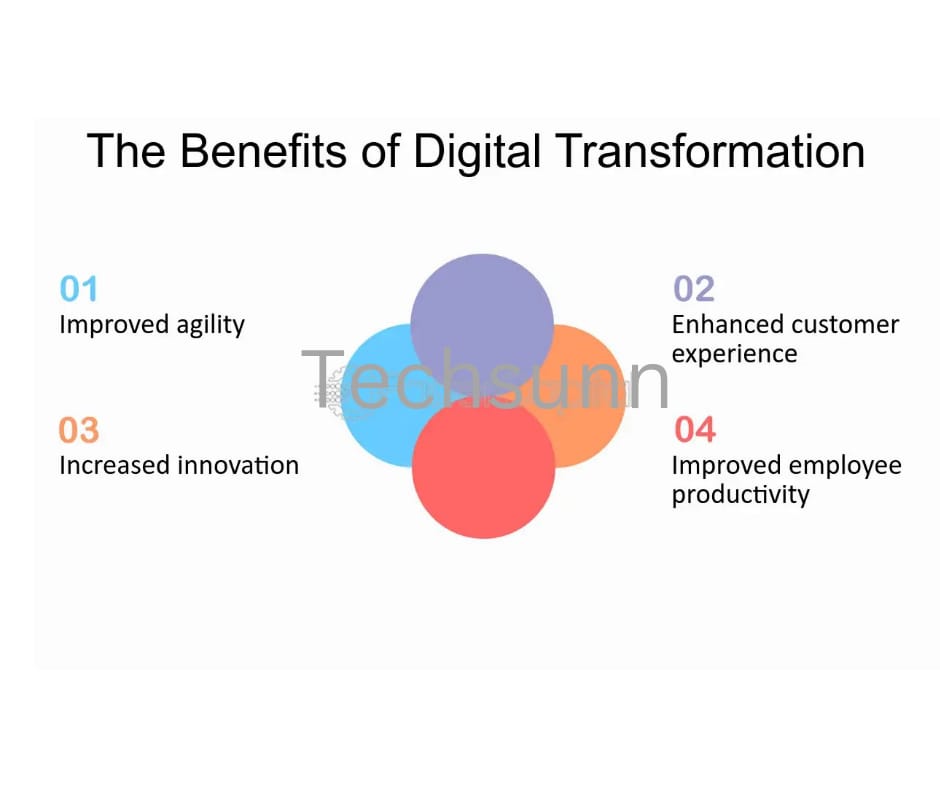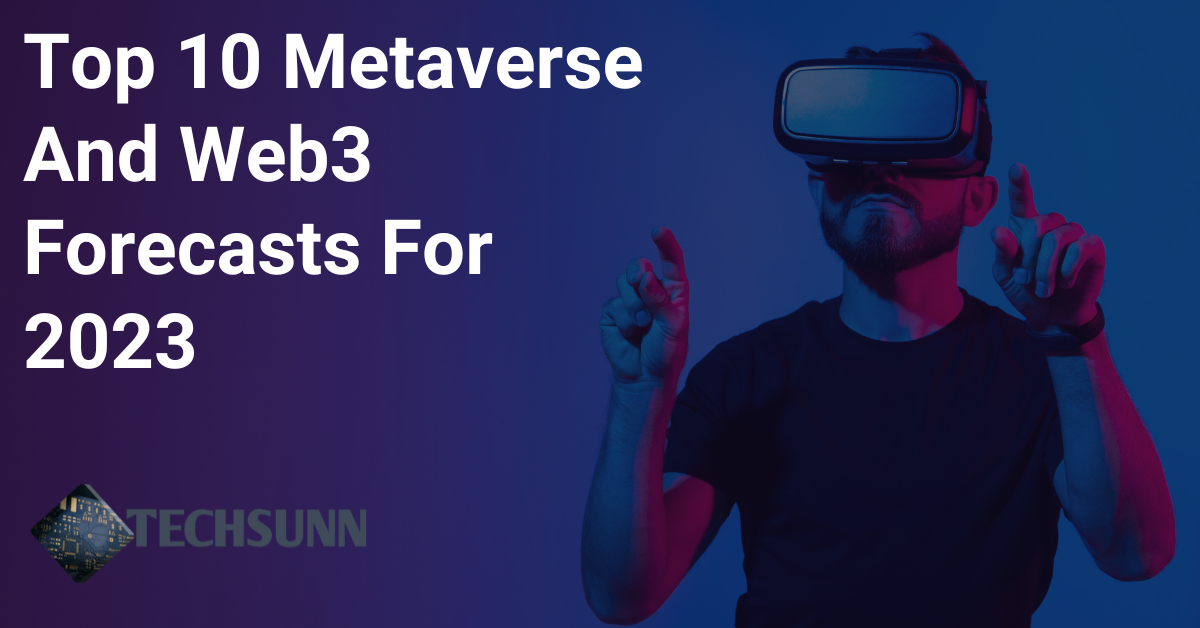Action-Based Digital Growth: A Comprehensive Guide

Introduction
In the rapidly evolving digital landscape, growth isn’t just about presence; it’s about action. Action-Based Digital Growth focuses on strategies that drive immediate and measurable actions from your audience, leading to higher engagement and business success. But what exactly does this term mean, and why is it so crucial today? Let’s dive in and explore.
Understanding the Fundamentals of Action-Based Digital Growth
Defining Key Concepts
Action-Based Digital Growth refers to a systematic approach in digital marketing where each tactic is designed to provoke an immediate response from the audience, whether it’s a click, sign-up, purchase, or any other measurable interaction. It’s all about creating touchpoints that lead to direct actions, ensuring every interaction pushes the business forward.
The Role of Action in Digital Strategies
Incorporating action into your digital strategies transforms passive content into a dynamic experience. This approach encourages users to engage, making your digital presence more than just informational—it’s interactive and impactful.
The Benefits of Action-Based Digital Growth
Increased Engagement and Conversion Rates
When strategies focus on prompting actions, engagement rates naturally rise. Every click, share, or like becomes part of a conversion funnel that moves users closer to becoming customers.
Enhancing Customer Loyalty
Consistent, action-oriented engagement not only drives immediate results but also builds lasting relationships. Customers who interact regularly with your brand are more likely to return and remain loyal.
Scaling Your Business
Action-based strategies are scalable and adaptable. As your business grows, these tactics can be expanded to reach larger audiences across various platforms, providing a pathway for sustainable growth.

How to Develop an Action-Based Digital Growth Strategy
Step 1: Setting Clear and Measurable Goals
Start by defining what you want to achieve. Is it more sales? Increased website traffic? Higher engagement on social media? Your goals should be specific, measurable, achievable, relevant, and time-bound (SMART).
Step 2: Identifying Your Target Audience
Understanding who you are targeting is crucial. Research your audience demographics, interests, and behaviors to tailor your strategies effectively.
Step 3: Choosing the Right Digital Channels
Select platforms that best suit your audience. Whether it’s social media, email, search engines, or your website, ensure that you are present where your audience spends their time.
Step 4: Creating Engaging Content
Content is king, but engaging content rules the kingdom. Develop content that not only informs but also prompts action, such as blog posts, videos, and interactive infographics.
Implementing Action-Oriented Tactics
Call-to-Actions (CTAs) and Their Impact
A strong CTA is the cornerstone of action-based strategies. Phrases like “Sign Up Now,” “Get Started Today,” or “Download Free Guide” encourage immediate user response.
Leveraging Social Media for Immediate Engagement
Social media platforms offer immediate interaction opportunities. By using CTAs in posts, stories, and ads, you can prompt your audience to take action in real-time.

Tools and Technologies for Action-Based Digital Growth
CRM Systems
Customer Relationship Management (CRM) systems help you track and engage with your audience efficiently, ensuring that every interaction is action-focused.
Marketing Automation Platforms
Automation platforms allow you to set up sequences and workflows that trigger actions based on user behavior, making your strategy more effective and efficient.
Analytics Tools for Monitoring Progress
Monitoring the performance of your strategies is essential. Tools like Google Analytics, HubSpot, or SEMrush provide insights into user actions and engagement, helping you refine your approach.
Measuring the Success of Your Strategy
Key Performance Indicators (KPIs) to Track
Track metrics such as click-through rates (CTR), conversion rates, and bounce rates to determine the effectiveness of your action-based strategies.
Analyzing User Behavior and Engagement
By understanding how users interact with your content, you can adjust your tactics to enhance engagement and improve results.
Optimizing and Refining Your Strategy
A/B Testing for Better Results
Experiment with different CTAs, content formats, and marketing channels to see what works best. A/B testing allows you to refine your strategy based on real data.
Adjusting Tactics Based on Data Insights
Continuous improvement is key. Use analytics data to tweak your approach, ensuring that you maximize engagement and conversion rates.
The Role of Content in Action-Based Digital Growth
Crafting Compelling Blog Posts
Well-written blog posts with actionable insights and clear CTAs can drive engagement and position your brand as an authority in your industry.
Video Marketing Strategies
Video content is highly engaging. Incorporating videos with CTAs at strategic points can significantly boost viewer interaction and conversions.
Interactive Content That Drives Engagement
Quizzes, polls, and infographics not only educate but also engage users, prompting immediate actions that feed into your digital growth strategy.
Case Studies of Successful Action-Based Digital Growth
Example 1: Brand A’s Journey
Brand A used targeted social media campaigns and email marketing with personalized CTAs, increasing their sales by 40% in six months.
Example 2: How Brand B Scaled Using Action-Oriented Tactics
Brand B implemented a comprehensive action-based strategy, including interactive blog posts and video content, resulting in a 60% boost in user engagement.
Common Mistakes to Avoid
Overloading with Information
Bombarding users with too much information can overwhelm them. Keep messages simple and focused to ensure they take the desired action.
Neglecting the Mobile Experience
A significant portion of users access digital platforms via mobile devices. Ensure your strategies are mobile-optimized for the best results.
Ignoring Feedback and Data
Failing to listen to user feedback and ignoring data insights can hinder growth. Always adapt based on what the data reveals.
How to Keep Up with Digital Trends
Staying Updated with Industry Changes
Follow industry blogs, attend webinars, and join online communities to stay current with digital marketing trends.
Adapting to New Digital Platforms
New platforms and tools are constantly emerging. Being flexible and willing to adapt keeps your strategies relevant.
The Importance of Consistency in Digital Growth
Building a Recognizable Brand Identity
Consistency across all digital channels helps build a strong brand identity, making your business recognizable and trustworthy.
Maintaining Regular Communication with Your Audience
Stay in touch with your audience through regular updates, emails, and social media posts to keep them engaged and connected to your brand.
Future Trends in Action-Based Digital Growth
AI and Automation
AI tools and automation are becoming integral, allowing for more personalized and effective action-based strategies.
Personalized Marketing Experiences
Personalization is the future of digital growth. By tailoring content and strategies to individual users, brands can achieve higher engagement and conversion rates.
Conclusion
Action-Based Digital Growth is a powerful approach that drives real, measurable results. By setting clear goals, understanding your audience, and implementing action-oriented strategies, you can scale your business and build lasting relationships with your customers. The key is to remain consistent, adapt to changes, and continuously optimize your approach based on data insights.
FAQs
- What is Action-Based Digital Growth?
Action-Based Digital Growth focuses on strategies that drive immediate actions from the audience, leading to measurable results. - Why is action-based marketing important?
It increases engagement, boosts conversion rates, and helps build long-term customer relationships, ensuring sustainable growth. - What tools are essential for implementing an action-based strategy?
CRM systems, marketing automation platforms, and analytics tools are crucial for managing and tracking your campaigns. - How can I measure the success of my digital growth strategy?
Track KPIs like click-through rates, conversion rates, and user engagement using analytics tools to determine your strategy’s effectiveness. - What are the future trends in action-based digital growth?
AI and automation, as well as personalized marketing experiences, are becoming essential for staying competitive and driving growth.





I was recommended this website by my cousin I am not sure whether this post is written by him as nobody else know such detailed about my difficulty You are wonderful Thanks